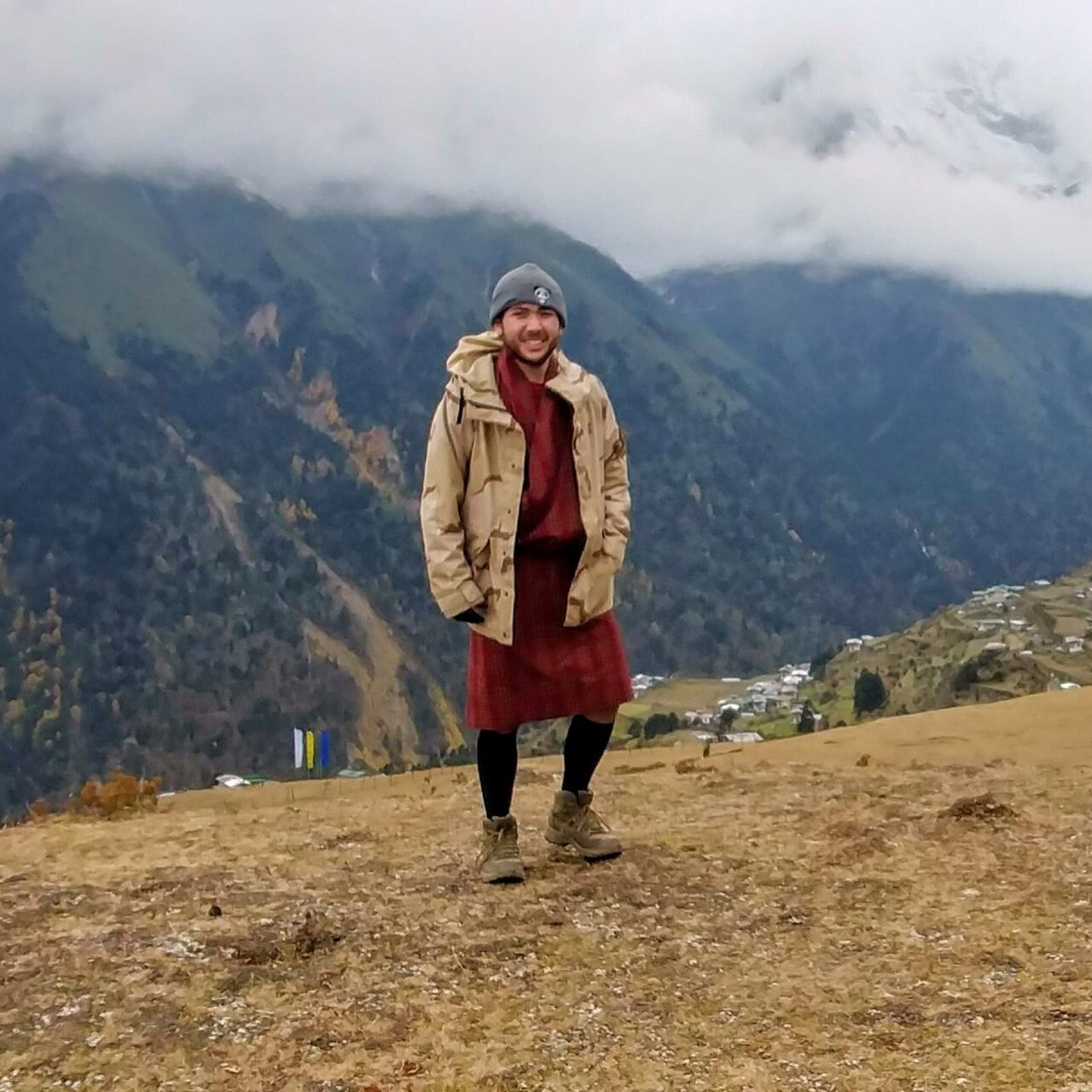Immerse yourself in the anime and manga capital of the world. Develop your illustration skills and design techniques through interactive classes with industry experts.
Art
Language
Outdoor Activity
Social Change
Learn from the best as you attend a reputable anime school in Tokyo, one of the safest and largest metropolitan areas in the world. Develop your artistic ability and style through classes taught in Japanese by design and animation professionals.
Practice animation techniques such as color blending with Copic markers; inking with fountain pens; and screen-toning, a method of applying textures and shades to drawings. Work on character development; then take your characters from paper to the screen through digital animation using programs like Photoshop, Adobe Premiere, and After Effects.
Immerse yourself in Japan’s pop culture with visits to vibrant neighborhoods. Play games in the colorful arcades in Akihabara, the city’s anime, manga, and tech district, or Ikebukero, known as the Pokémon Center. See the famous alternative street fashion of the Harajuku neighborhood.
Broaden your perspective on Japanese culture during home visits with local families. Spend time with peers by participating in local high school activities. Learn about Japanese history by visiting shrines and museums and take an excursion to Hiroshima and visit the historic Hiroshima Peace Park and Memorial Museum.
The Experiment’s programs are designed to build skills that will help you succeed. In Japan, you will learn:
TECHNICAL SKILLS
INTERPERSONAL SKILLS
Families or partner organizations are also responsible for arranging and paying for participants' domestic travel to the international departure/return airport in the U.S., whether flying, driving or by other means. By its nature, domestic airfare varies by airline, timing, destination, and availability.
From the streets of Tokyo to the woods of Nanae in Hokkaido, our group traveled everywhere! The anime classes we attended were great and always introduced new and exciting aspects to our art. We did voice lessons, worked with professional animation technology and tools, and learned from experienced instructors.
KOFI, The Experiment alum, Japan
This itinerary is only a sample and is subject to change. Because of factors such as group size and availability of in-country offerings such as festivals, your experience — including sites visited and the number of days spent in each location — may differ somewhat from the one presented below.
Pre-Departure Program Orientation (U.S.)
During this period, you and your group will stay in a hotel near the airport.
Orientation, Animation and Manga Study in Tokyo
During this period, you and your group will stay in a dormitory-style youth center.
Hiroshima stay
During this period, you and your group will stay at a hotel.
Homestay and Host Community Visit
During this period, you and your group will stay in homestay and hostel accommodations near the host community.
Sample host communities: Sagamihara, Yokohama
Program Reflection and Wrap-up in Tokyo
During the reflection period, you and your group will stay in a hotel near Narita airport.
Departure

The Experiment’s group leaders go through a rigorous selection process and have extensive experience with youth education, local expertise in the country or region of their program, language abilities, knowledge in their program theme, travel logistics and management know-how, and experience with health, safety and risk management.

Weymar is a lifelong global traveler and multiculturalist. Born to an American father and a Japanese mother, he grew up in a multilingual household, and lived as a youth in the United States, Japan, and Taiwan. He is a recent graduate of Western Colorado University in Gunnison, Colorado where he majored in economics with a minor in environment & sustainability, and he also attended Royal Thimphu College in Thimphu, Bhutan for two years as an exchange student. He has been to 13 countries and hopes to make that number much larger. He enjoys cooking and food anthropology, video games, American Football, and aviation, among others. He hopes to pursue a graduate degree in international development and work engage in governmental or NGO work.
1015 15th Street NW, Washington, DC 20005
PO Box 676, 1 Kipling Road Brattleboro, VT 05302
P: U.S. 1.800.345.2929 | Intl. +1.802.258.3481
F: 802.258.3427